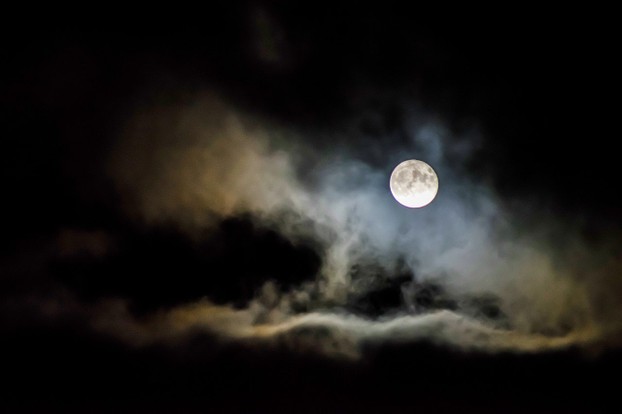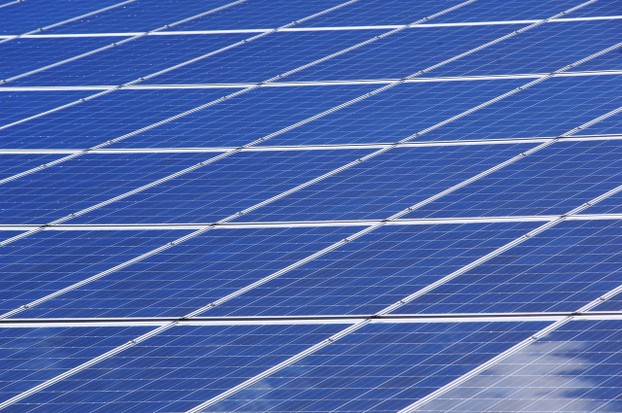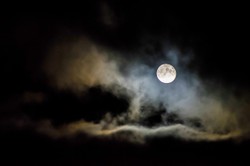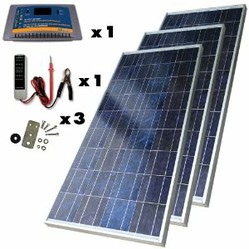If you've recently installed solar in your home or business, you may be wondering why the energy they produce varies by time of day. If you have solar monitoring installed, you may see the production go up and down in a matter of minutes.
Powered by sunlight, solar panels often won't work in certain circumstances. We'll take a look at two of the top reasons solar panels may stop producing, or produce less.






 Keyword Research - The Pitfalls, The Methods & How To Rank In Google For Freeon 04/21/2012
Keyword Research - The Pitfalls, The Methods & How To Rank In Google For Freeon 04/21/2012
 Are You Getting Married Too Young? Should You Wait?on 08/29/2012
Are You Getting Married Too Young? Should You Wait?on 08/29/2012
 Maplestory Islanders - What Are They & What's The Challenge?on 09/02/2012
Maplestory Islanders - What Are They & What's The Challenge?on 09/02/2012
 How To Calm A Crying Babyon 09/01/2012
How To Calm A Crying Babyon 09/01/2012


Comments
I have noticed small clouds passing drop my solar energy, but overcast days dramatically drop solar energy if the clouds are thick enough. Even in direct sunlight a certain intensity is needed to have any electricity produced. The sun must be up a few hours before the angle of the sun makes it intense enough to trigger any electricity at all. In fact, your 25% drop is really more like 25% efficiency, at best, or a 75% drop for long light paths through clouds. Photons must dislodge electrons to obtain the voltage, which must exceed the energy threshold for dislodging electrons.